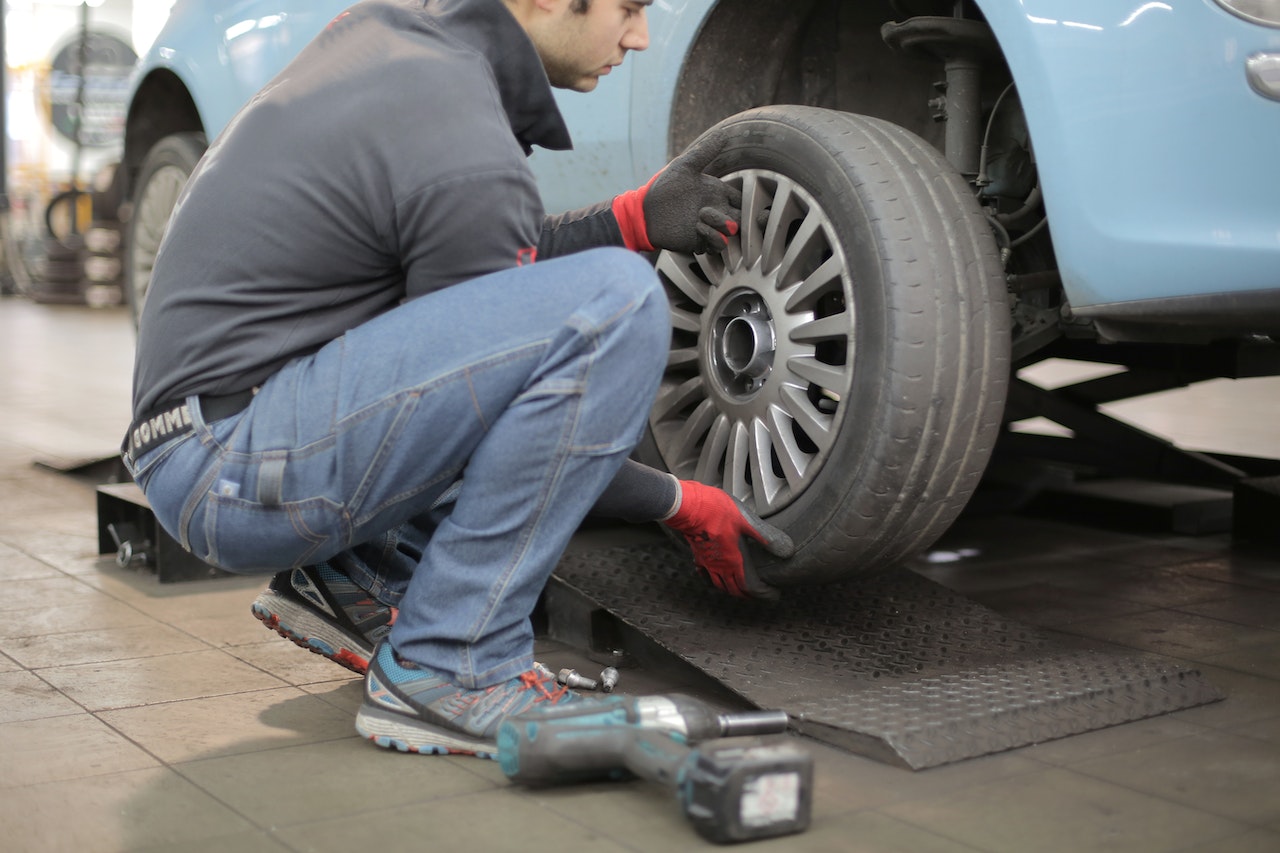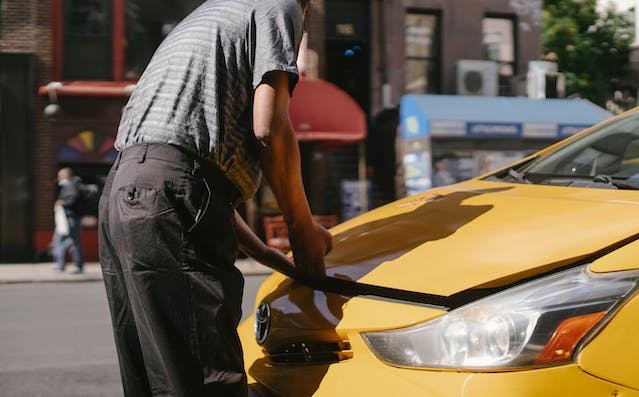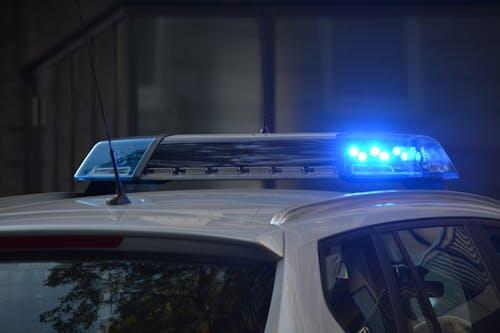When you choose to purchase a vehicle, whether it’s first coming off the lot or coming into your possession from a trusted reseller, you expect your newly-acquired car or truck to be safe to drive. However, in some cases, vehicles have significant flaws or defects that can put you, other drivers, and even the general public at risk of serious injury or death. When cars of a certain make and model are more likely than the average vehicle to have serious issues, a recall notice may be issued.
What is a Recall?
Before delving into the specific types of recalls that can be issued, it’s important to understand the general meaning of the term itself. When a specific make and model of vehicle is determined to have defects that could cause harm, produce legal issues for the manufacturer, or hinder performance, the manufacturer issues a request for buyers to repair or replace the vehicle. In most cases, the manufacturer will provide repairs to fix the safety hazard at no cost.
Federal law requires safety recall repairs to be provided for free for cars less than 15 years old, but many manufacturers will also waive repair fees for older vehicles. If you become aware of a recall that impacts you, a family member, or a friend, it’s worth checking to see if your local dealership will require the issue at no cost, even for an older vehicle. Should you be injured in a crash caused by a recalled vehicle, a car accident attorney in Atlanta may be able to secure fair compensation on your behalf.
What Are “Do Not Drive” and “Park Outside” Recall Orders?
Some recalls are issued for relatively minor issues that can impact a car’s performance, but are unlikely to put the general public at serious risk of injury or death. However, some vehicle flaws can be very dangerous for a vehicle’s owner and other users of the road. In such a case, it’s likely that a “do not drive” or “park outside” recall will be issued. Both of these types of recalls are issued jointly by the National Highway Traffic Safety Administration (NHTSA) and car manufacturers.
- A Park Outside recall is ordered when a vehicle defect significantly increases the risk of it catching fire unexpectedly. To reduce the risk of a structure fire, drivers are advised to park outside of garages and parking structures and away from buildings or other flammable structures.
- A Do Not Drive recall advises vehicle owners not to operate their car or truck because a serious defect increases the risk of a collision.
All recalls should be heeded, but these particular recall types are particularly urgent. If a vehicle that you drive is subject to a Park Outside or Do Not Drive recall, it’s important to have repairs done as soon as possible. Doing so makes you safer on the road and allows you to get behind the wheel of your car sooner rather than later.
How Long Does it Take to Fix a Recalled Vehicle?
In some cases, an issue might be repairable through an over-the-air software update. As an example, the Ford Mustang Mach-E was recalled in 2022 due to an issue where the vehicle could lose power while driving or not start at all. The problem was fixed through a software update that could be done remotely or at a Ford dealership.
Unfortunately, not every problem is fixable through a quick software update. Some vehicle defects require physical repairs carried out by an experienced mechanic. Once dealerships across the country are made aware of the recall, it may take a few weeks for them to acquire the correct parts to fix the issue. Repair work is generally fairly quick once dealerships have the parts and training required to tackle the issue behind the recall. In some rare cases, there may not be enough replacement parts in circulation to fix the problem for all vehicle owners in a timely manner.
When a vehicle defect poses an immediate risk to drivers and the general public, a recall notice may be issued before a solution to the problem is discovered. In this case, vehicle owners should receive two notices. The first notice alerts owners of the recall and the second notifies them of the proper fix for the problem. If you drive a recalled vehicle, ask your local dealership how long repairs are expected to take.
Is a Recalled Vehicle Ever Unrepairable?
In some rare cases, a vehicle that is recalled may have an issue so significant that it cannot be safely repaired. As an example, over 2,000 Legacy sedans and Outback wagons were recalled in 2019 due to poor welds. The issue occurred because robotic welders at a part supplier’s factory were not cleaned properly, which led to incorrect welds being applied to a critical body component. In the event of a crash, the vehicle’s body structure was unlikely to perform as intended.
Since the structural integrity of affected vehicles was significantly reduced, defective vehicles could not be repaired by a simple fix at a local dealership. The manufacturer offered to perform factory repairs or buy back the affected vehicles. Although situations like this are rare, defects can occur that require a vehicle to be scrapped or sent back to a factory for significant repair work.
Keep an Eye Out for Vehicle Recalls
Vehicle owners should be notified if their car is subject to a recall notice. However, if you are not a car’s original owner, it’s possible that the information will not reach you. It’s important to periodically check for recalls that may impact you or a family member. You can do so by entering your Vehicle Identification Number (VIN) into the NHTSA’s safety recall checker. By keeping an eye out for vehicle recalls impacting your family, you can stay safer on the road.







